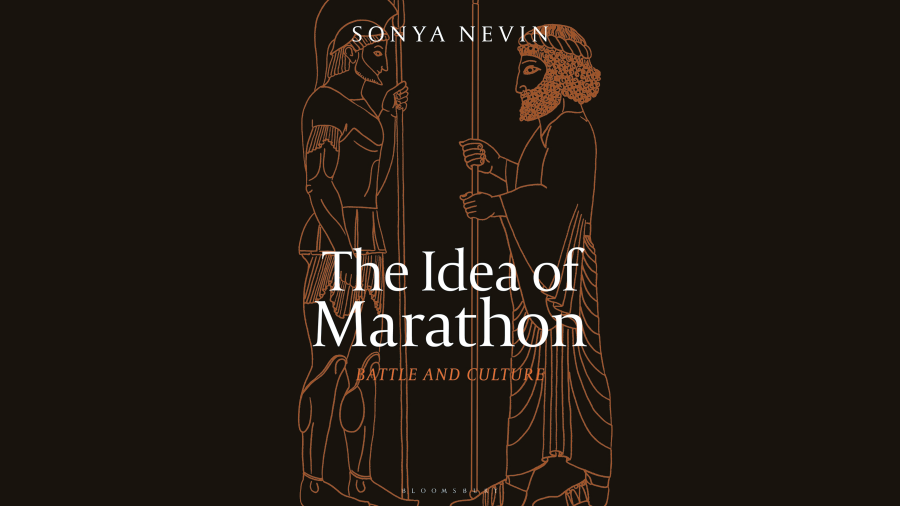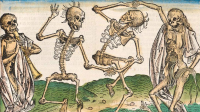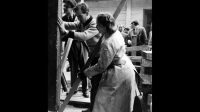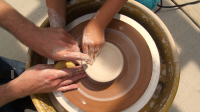
Overview
When the Athenians won the Battle of Marathon, the impossible seemed to have been achieved - the mighty Persian Empire halted in its advance. What happened that day, why was the battle fought, and how did people make sense of it? After exploring the battle, this talk will then ask: When is a battle more than a battle?
While the fighting at Marathon was over in one day, the battle for the idea of Marathon has lasted ever since. Marathon shaped how the ancient Athenians thought about themselves and how they related to others. It shaped new developments in art, theatre, and literature. It shaped the way that the Athenians responded to the Age of Alexander the Great. Later it became part of the way that the Romans thought about themselves and their empire, even as it helped the Greeks adjust to life in Roman Greece. In the Byzantine Empire, Marathon was a familiar household word for anyone with a passing education. In the century that saw the Normans conquer England, an Afghan-born poet writing in Persian was creating a new romance around figures from the Marathon story. As epochs came and went, Marathon remained a cultural orientation point, influencing education, thinking, and expression all over the world. It has been used to advocate for imperialism and anti-imperialism alike. It has been used to defend democracy and to critique it. Even in our own era, Marathon plays a remarkable role in sport, film, and literature with each iteration re-imagining the battle and its meaning. Join us to explore the ideas attached to Marathon in antiquity and beyond.
Speaker
Dr Sonya Nevin is an Affiliated Lecturer in Ancient History at the University of Cambridge Faculty of Education. She was formerly a lecturer at the University of Roehampton and at Birkbeck College, London. She gained her PhD at University College Dublin, researching the moral norms of ancient Greek warfare and the making of moral meaning in ancient historiography. Sonya has worked and volunteered in several museums and, with animator Steve K Simons, runs the Panoply Vase Animation Project making animations from antiquities. Her publications include Military Leaders and Sacred Space in Classical Greek Warfare (Bloomsbury, 2017), Teaching Ancient Greece (forthcoming later this year), and - the subject of her talk this evening - The Idea of Marathon: Battle and Culture (Bloomsbury, 2022).
Details
This is a hybrid event, which will take place in-person in the Gatsby Room (Chancellor's Centre) and also on Zoom.
If you would like to attend online, please register for the Zoom link.
For the in-person audience, drinks and snacks will be available after the talk.
The Humanities Society organises regular talks spanning a wide range of topics. Every Tuesday during term time.


